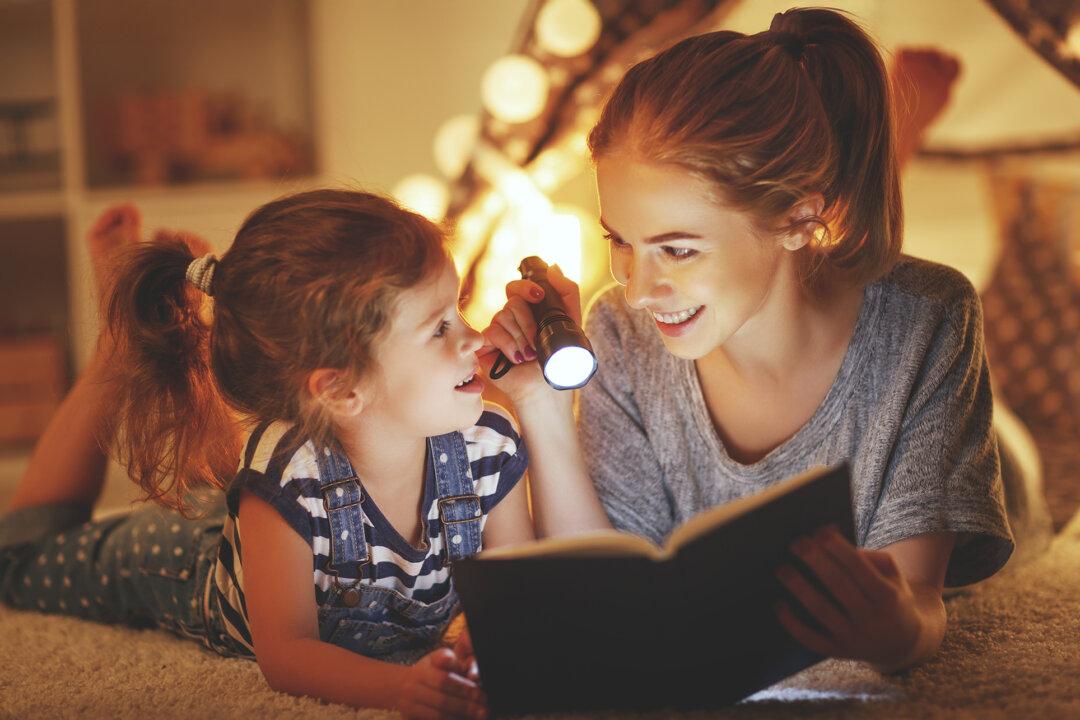Husband and wife entrepreneurs Matt and Melissa Hammersley have been helping parents and educators delight in reading aloud to children for more than a decade.
From their innovative app Novel Effect, which was featured on the hit television show “Shark Tank” and enhances the read-aloud experience, to their new book, “Rock Your Read Aloud: Sparking Curiosity and Confidence in Little Readers,” they’re passionate about encouraging parents and educators to read aloud to children.






